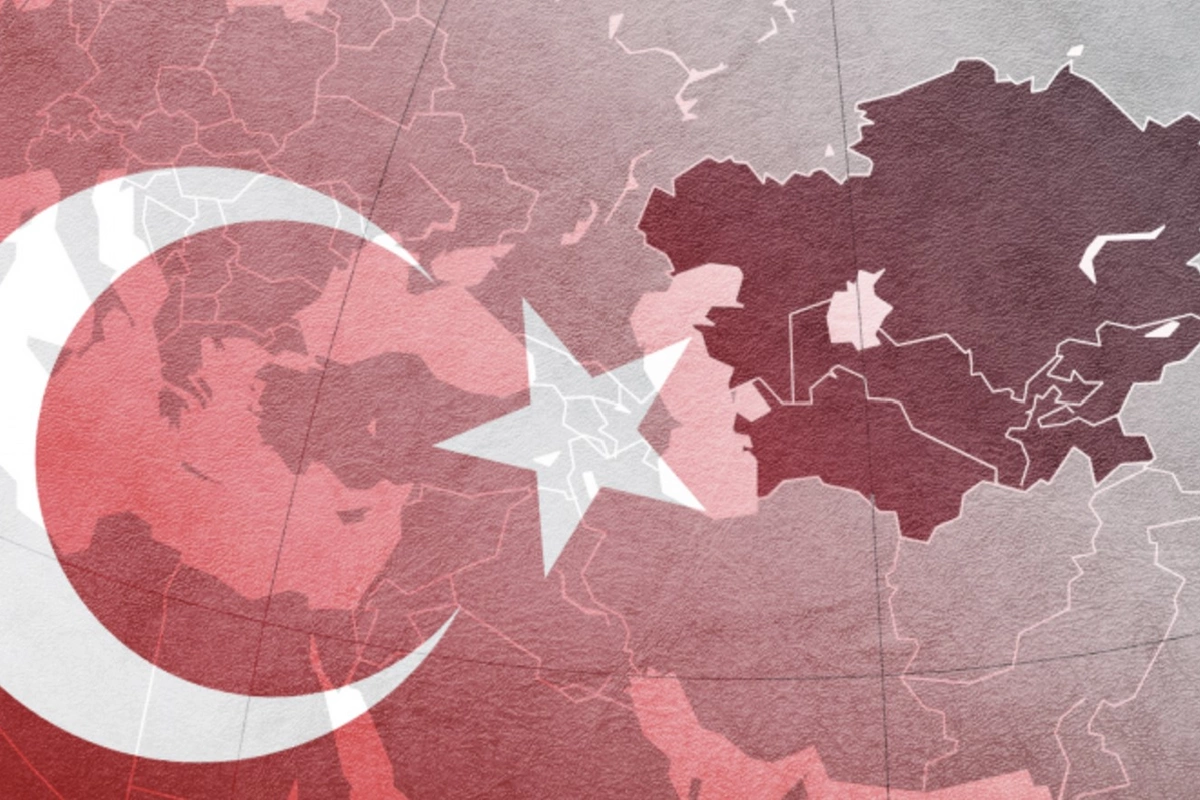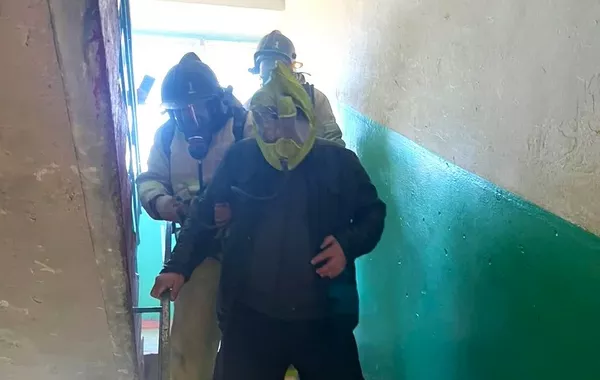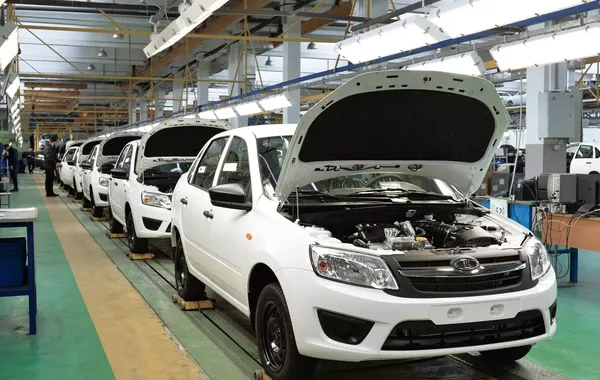
Google images
The Caspian Post presents an interview with Prof. Dr. Selçuk Çolakoğlu, Founding Director of the Turkish Center for Asia Pacific Studies.
- How do you assess Türkiye"s decision to replace the term "Central Asia" with "Turkestan"? What do you think Ankara"s goals are?
- The Turkish Ministry of National Education has changed the region's name from "Central Asia" to "Turkestan" in history textbooks. The term 'Turkestan' is more commonly found in historical literature concerning Turkic peoples and cultures, while 'Central Asia' has become common in international literature in the post-Cold War period. Ankara hopes that the renaming of the region will provide a stronger reference to the historical and cultural bonds of the Turkish people to the region. On the other hand, the success of renaming a region depends on its acceptance by regional and global actors.
- How has Türkiye"s soft power concept, implemented within the framework of the "Zero Problems with Neighbors" policy, affected relations with Central Asian countries, given their cultural and historical ties?
- Since the dissolution of the Soviet Union, Ankara has supported the state-building process of all post-Soviet countries, developing strong relations with them. Building a peaceful and resilient regional system in Eurasia has been a key priority since 1991. Not only have Turkic states in Central Asia and the Caucasus, including Azerbaijan, become important partners for Türkiye, but other former Soviet republics such as Russia, Ukraine, and Georgia have as well. The formation of the Black Sea Economic Cooperation clearly reflects Ankara's aim of achieving robust regional cooperation.
- What concrete results has Türkiye achieved through organizations such as TURKSOY, TİKA, and the Yunus Emre Institute in promoting Turkish influence in Central Asia?
- TURKSOY is an organization specifically formed to promote Turkic cultures and languages, with participation from Turkic states and autonomous regions within the Russian Federation. The Yunus Emre Institute and TIKA are more global initiatives that promote Turkish culture and language and support developmental and infrastructure projects, primarily in the Global South. Not only Central Asia but also countries in the Southern Caucasus, the Black Sea, and the Balkans are considered part of Türkiye's close neighborhood. Consequently, Ankara allocates more projects and funds to countries in these regions.
- How does Türkiye balance its soft power in Central Asia with the growing influence of other major players such as Russia and China?
- Rather than viewing Russia and China as competitors in Central Asia, Türkiye considers them partners. For stronger cooperation in Central Asia, Ankara requires policy coordination with Moscow, Beijing, and regional capitals. As a Dialogue Partner of the Shanghai Cooperation Organization and a partner country of BRICS, Türkiye can deepen cooperation with Russia and China to address the developmental issues of Central Asian countries.
- To what extent does the Organization of Turkic States contribute to strengthening ties between Türkiye and Central Asia?
- The Organization of Turkic States (OTS) is a young and promising regional organization with potential stretching from Hungary to Kyrgyzstan. Its main goals are the development of transportation infrastructure and the integration of member countries' economies. In this context, the Middle Corridor can be identified as a connectivity initiative for the OTS. The organization's further development will hinge on its success in integrating its objectives with those of other large economies, such as the European Union, China, and Russia.
Share on social media

